Finding new ways to drive inclusive politics in Moldova
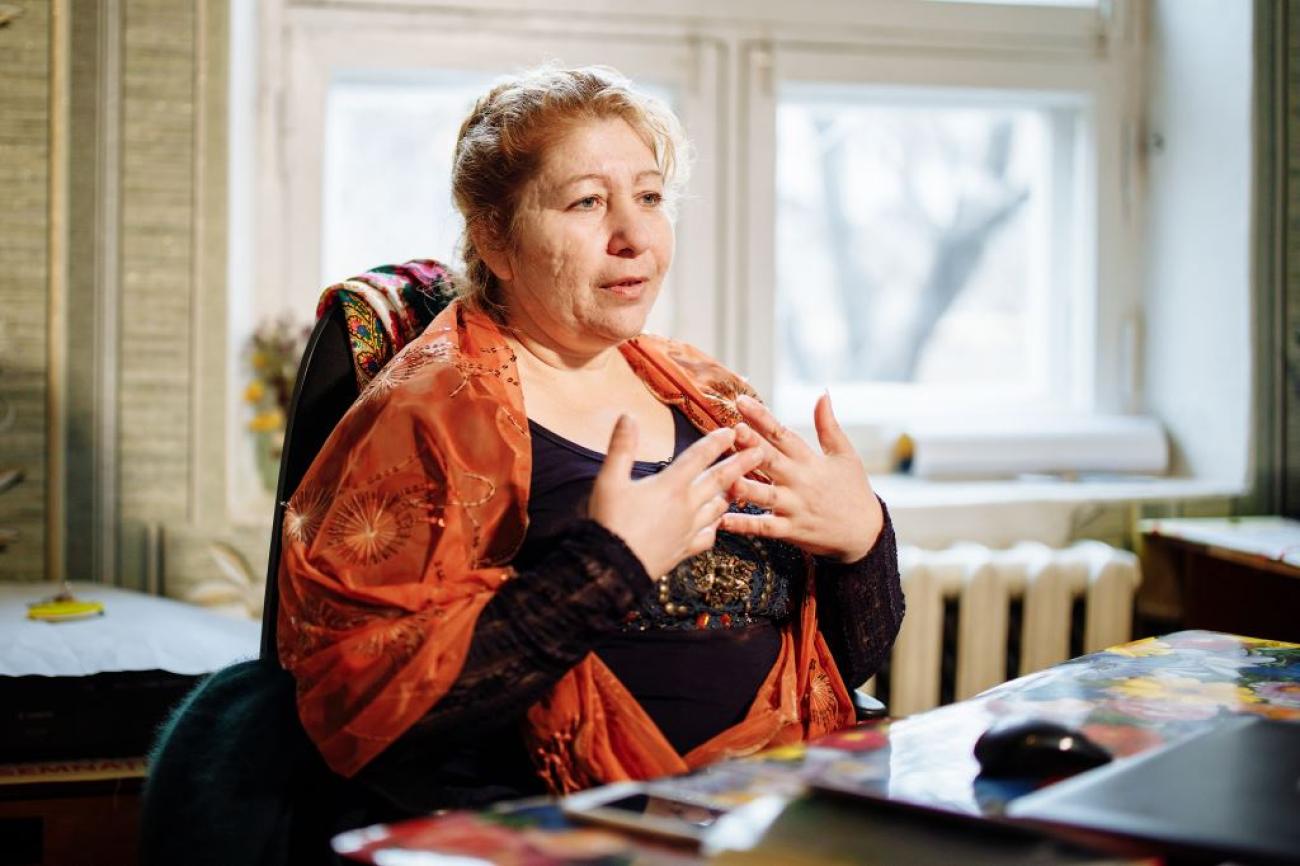
Roma women are making historic gains
Angela Radita’s first encounter with discrimination was sudden and stinging. An avid student who stayed up late to read by candlelight before electricity became available, she had finished college and applied for a librarian’s post but was rejected because she belongs to the Roma minority.
“If something new comes up, I'll let you know,’ the hiring manager told me. ‘But now we have no available places.’ I have never worked as a librarian. And this is the greatest pain of my life. I had studied and worked hard, but it wasn’t enough,” Radita says. “I just cried. For the first time, I had encountered distrust solely because of my name, which revealed my ethnicity.”
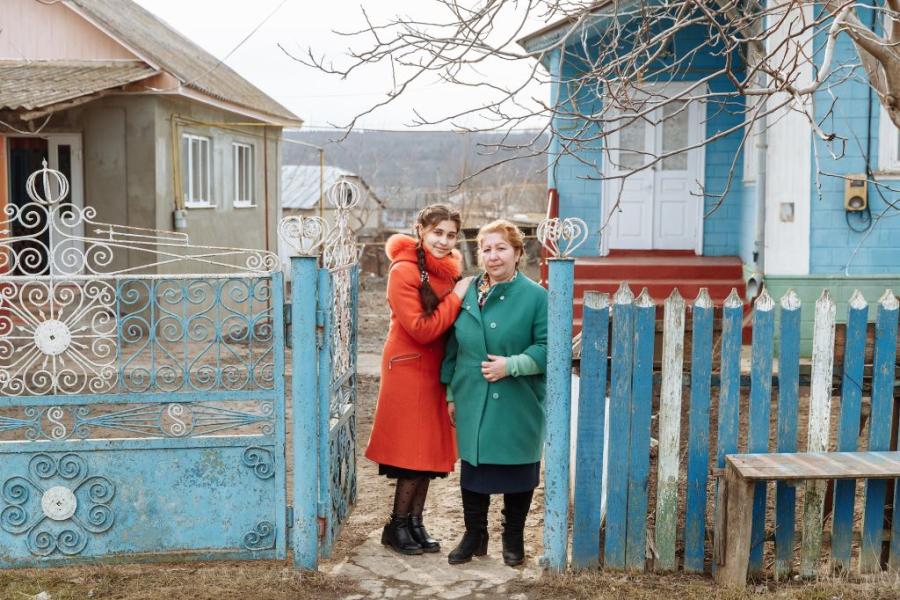
Beyond her own disappointment, she feared her experience would discourage other Roma girls from pursuing their dreams. If she—the first Roma child to leave this small northern village to attend college—couldn’t find work in her chosen profession, why should they try?
Radita, now 49, spent the next decade working the village land alongside her mother, Olimpiada, and her grandmother, Maria.
Roma make up only a tiny fraction of Moldova’s roughly 2.68 million people and, historically, are among the poorest, most vulnerable people in Europe—though Radita recalls feeling included in village life as child.
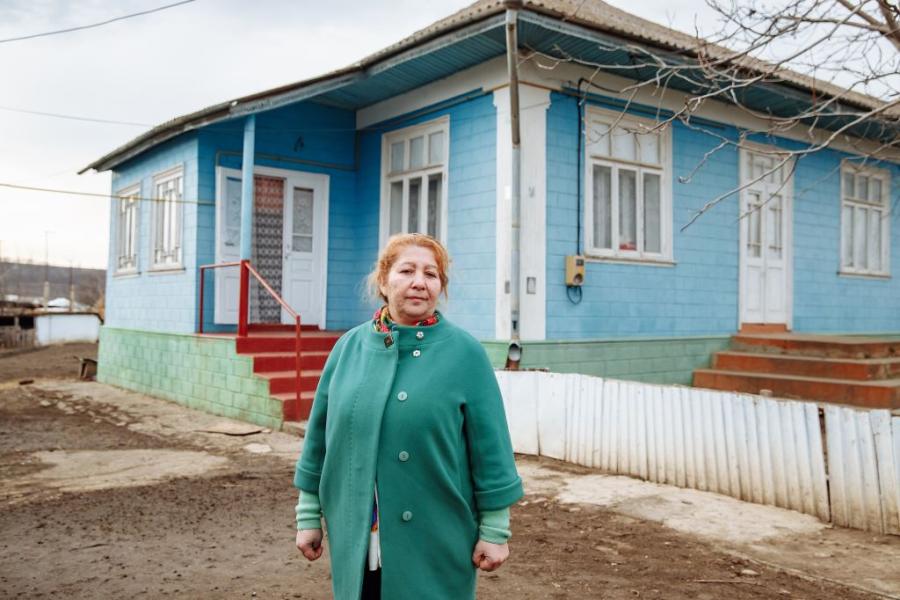
Roma account for about 150 of Gribova’s around 2,000 people. An estimated 10 million to 12 million Roma live in the whole of Europe, where they experience multiple overlapping deprivations in access to opportunities, social services, jobs, and income.
In a 2016 study by Moldova’s National Bureau of Statistics, with support from UNDP and UN Women, Roma women aged 25-64 reported an average of nearly four years of schooling—just one third of that reported by non-Roma women. Roma women aged 16-24 reported just over four years of education, compared with 11 years among their non-Roma peers. Roma women on average marry earlier, learn less, earn less, and are therefore especially vulnerable to poverty throughout their lives and particularly in old age.
Making themselves heard
Inclusive economic growth and participation among women and minority groups, especially the Roma, is one of the challenges Moldova is addressing to boost progress toward achieving the 2030 Agenda and its Sustainable Development Goals (SDGs) — which will require game-changing solutions. And in recent years, with support from UNDP, other UN agencies, and international organizations, the Roma people have begun to make themselves heard.
In 2004, a relative of Radita’s mother returned from the capital, Chisinau, 200 kms away, with the idea of starting a local non-governmental organization (NGO) to support Gribova’s Roma minority. Radita liked the idea, founded an NGO, and began years of mentoring, participating in training and other events organised by international organizations and NGOs. She became a civic activist, and the more she learned about her own rights, the more ambitious she became about changing lives in her community.
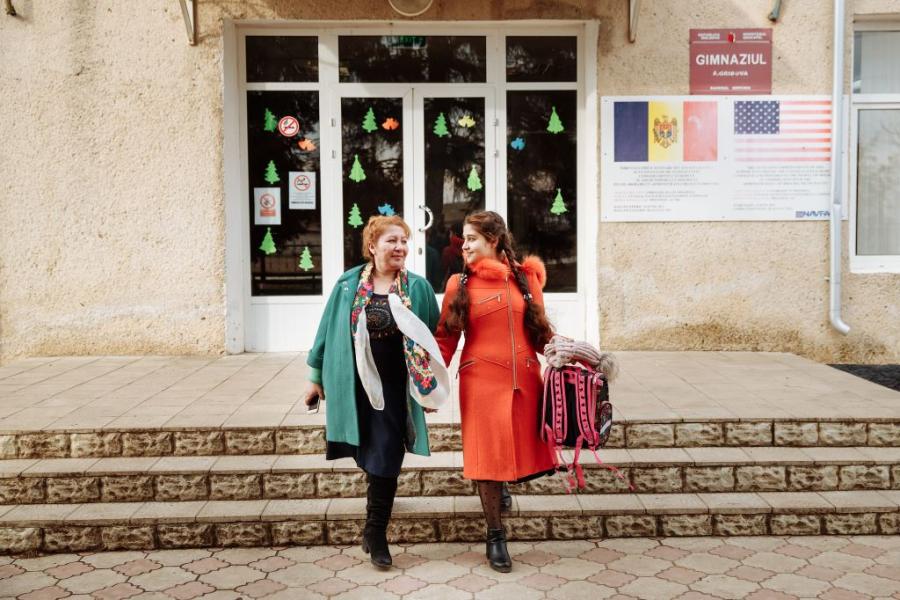
In 2013, she became a community mediator for the mayor’s office in Gribova. In this role, she advised citizens in problem-solving and interacting with authorities—helping them complete job and loan applications, for example, or find medical care.
In 2016, Moldova adopted a law requiring that women make up 40 percent of candidates fielded by all political parties. This was enforced in local elections for the first time in 2019.
Pivotal changes
In 2018, Radita volunteered with a UNDP voter education campaign ahead of February 2019 parliamentary elections. More than 11,000 Roma people of all ages took part, including 6,350 women and girls.
Radita went door to door, informing Gribova villagers of their right to vote and encouraging them to get involved and cast ballots.
That’s when she noticed a fundamental disconnect between the candidates and the Roma people—and decided to stand for election herself as an independent. “I wanted to see for myself, from the inside, what can be done to solve people’s problems,” she says.
Despite deeply entrenched biases again the Roma and against women in positions of authority, “People came forward, and we succeeded,” Radita says.
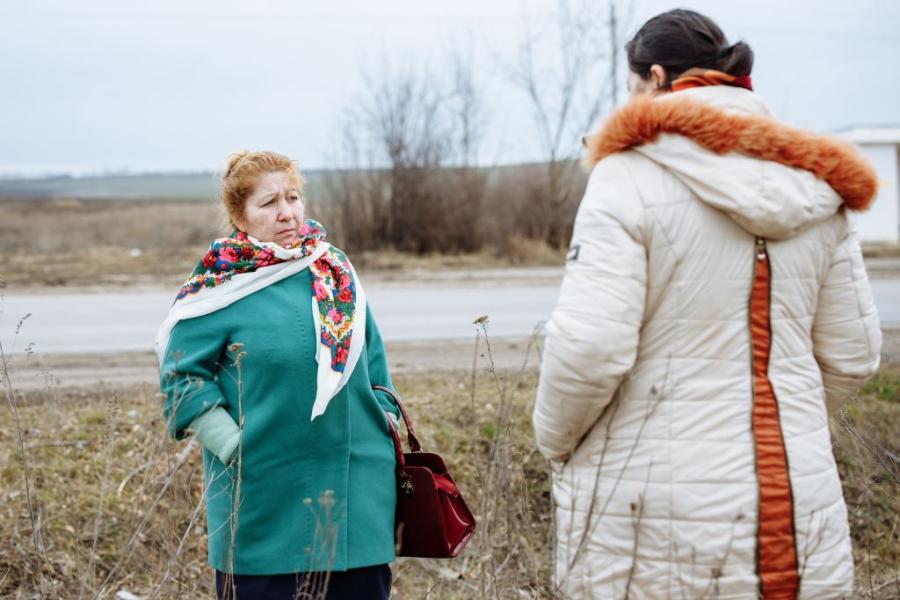
After October 2019 local elections, Radita became one of a record 12 Roma elected across Moldova as local councillors—six women and six men. In her own small village of Gribova, the local council comprises five men and six women. Radita is the only Roma councillor.
“The problems I see every day make me want to bring positive change for Roma and non-Roma women—in Moldova, the challenges we face, and our fate, are almost the same,” she says. “I plan to get involved in social projects for the benefit of all the people. Because everything I do, I do for my village, for my community, for the people who live in this village, regardless of ethnicity.”
Having refused her mother’s offer to marry her off at 14, Radita married later at 35. Her own teenage daughter, Romanita, will have her parents’ support in whatever path she chooses, Radita says.
Aliona Ribac, also a local councillor here, is confident women’s involvement in politics will benefit communities more broadly. “We have many urgent problems in the community, but we can solve them. We women mobilize together, and the men from the council listen to us,” she says.
An exceptional year, with much work ahead
Bea Ferenci, human rights adviser for Moldova at the Office of the United Nations Human Rights Commissioner, says 2019 was “quite exceptional,” with the highest-ever number of Roma elected to local councils.But much work remains, she says. Of Moldova’s 898 localities, 185 comprise discrete Roma communities—of which only eight have elected Roma councillors.
And as of 2019, only 24.75 percent of Moldova’s Parliament, 21.83 percent of its mayors, 36.51 percent of local councillors, and 27.08 percent of district councillors are female—still far below internationally agreed targets.
To tackle this challenge, UNDP is supporting Moldova with integrated solutions aimed at boosting political participation by women, minorities, and other vulnerable populations – including through civic education and mentoring – to ensure that development truly leave no one behind.
Written by



